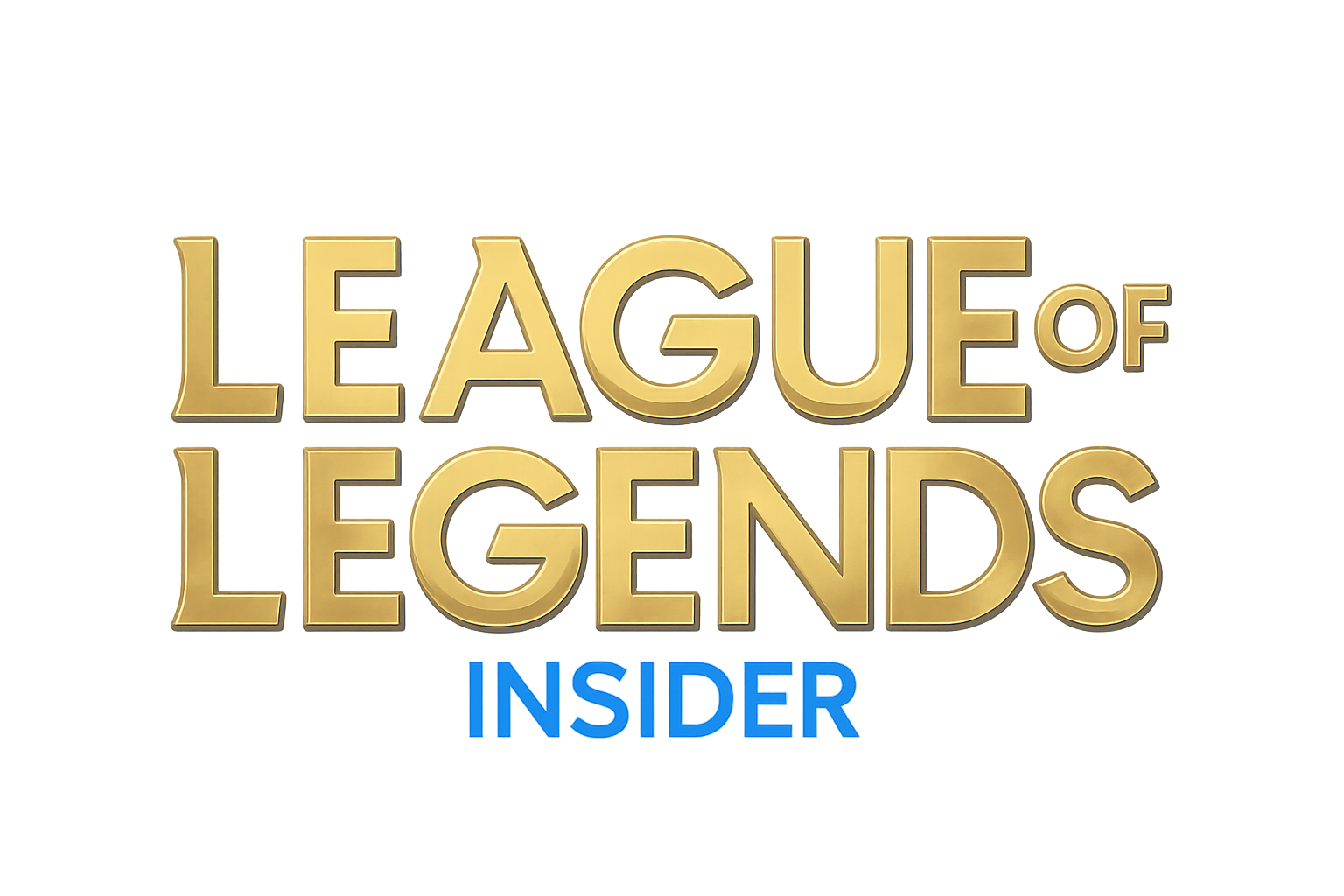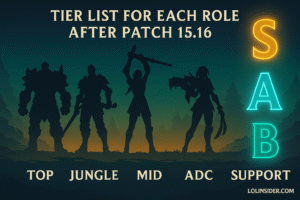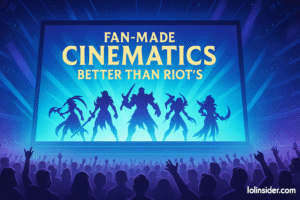League of Legends is a game of skill, strategy, and adaptation. But one of the most overlooked ways to improve isn’t spamming more ranked games — it’s analyzing your own performance. In today’s data-driven world, players have access to advanced platforms that break down every kill, death, gold purchase, and ward placed.
In this guide, we’ll explore the Best Tools to Analyze Your Match History. Whether you’re a casual player looking to fix your positioning or an aspiring pro trying to maximize efficiency, these tools provide the insights you need to climb faster.
1. Why Match History Analysis Matters
Before diving into the tools, let’s understand why analyzing your games is so powerful:
- Spotting Mistakes: You see patterns you don’t notice in the moment.
- Objective Learning: Numbers don’t lie; they show what’s holding you back.
- Macro Awareness: Learn how your farming, warding, and rotations compare to higher ranks.
- Mental Reset: Reviewing helps reduce tilt by turning losses into lessons.
Without analysis, you’re just repeating the same errors. With it, you’re evolving every game.
2. Best Tools to Analyze Your Match History
1. OP.GG
- The most popular LoL stat site.
- Offers KDA, CS per minute, gold graphs, and item progression.
- “Live Game” feature lets you scout opponents.
- Great for casual and mid-elo players.
Best for: Quick insights and general stats.
2. U.GG
- Known for champion tier lists and build recommendations.
- Strong match history breakdowns with efficiency ratings.
- Useful for comparing your performance with top players.
Best for: Combining analysis with meta knowledge.
3. Mobalytics
- A modern platform with a “GPI Score” system.
- Breaks your gameplay into categories: fighting, farming, vision, aggression, etc.
- Includes heat maps and decision-making analysis.
Best for: Players serious about self-improvement with visualized feedback.
4. Porofessor.gg
- A desktop app integrated with the Riot API.
- Provides live tips during games and post-game insights.
- Tracks your champion mastery and item build optimization.
Best for: Real-time learners who want instant feedback.
5. Blitz.gg
- Automatically imports your match data.
- Suggests optimized builds based on high-elo data.
- Gives post-game breakdowns on warding, farming, and objectives.
Best for: Players who want a hybrid of match history and live coaching.
6. LoLalytics
- Deep dive into champion-specific data.
- Lets you compare your match stats against top 1% players.
- Provides win rates for every rune/item combination.
Best for: Advanced players fine-tuning champion mechanics.
7. League of Graphs
- Focuses heavily on visual statistics.
- Win rate charts, champion trends, and personal performance graphs.
- Great for seeing progress over time.
Best for: Players who love detailed charts and visual learning.
8. Tracker.gg (League Tracker)
- Covers multiple games, including LoL.
- Offers cross-game analytics if you play Valorant, Apex, etc.
- Strong for community sharing and stat comparisons.
Best for: Multi-game players who want a universal tracker.
3. Comparing the Tools
| Tool | Strengths | Weaknesses | Best For |
|---|---|---|---|
| OP.GG | Easy to use, popular | Limited depth | Casual players |
| U.GG | Meta + stats combo | Less advanced analysis | Meta-focused players |
| Mobalytics | GPI, heat maps, visuals | Can feel overwhelming | Self-improvement |
| Porofessor.gg | Real-time tips | Requires app | Real-time learners |
| Blitz.gg | Auto imports, strong builds | App-heavy | All-in-one coaching |
| LoLalytics | Champion mastery & depth | Not beginner-friendly | Advanced mains |
| League of Graphs | Visual statistics | Less live game help | Graph-focused learners |
| Tracker.gg | Multi-game stats | Less LoL-specific | Multi-gamers |
4. How to Use Match History Tools Effectively
- Focus on one area at a time. Don’t try to fix everything in one review.
- Compare your stats to higher elo. Ask, “What do Diamond players do differently?”
- Review only impactful games. Not every stomp teaches you something.
- Keep notes. Write down mistakes and goals for the next 5 games.
5. Pro-Level Insights from Match Analysis
Even professional players use these tools or custom team software. They focus on:
- CS per minute: Consistency in farming.
- Vision control: Wards placed/cleared.
- Objective participation: Were you at the right place at the right time?
- Gold efficiency: Did you build items at optimal timings?
By applying the same principles, solo queue players can massively boost improvement.
6. Common Mistakes When Reviewing Games
- Blaming teammates instead of self. Always focus on controllable factors.
- Looking only at KDA. Objective stats matter more than kills.
- Over-analyzing one-off games. Look for patterns, not exceptions.
- Ignoring mental health. Review, but don’t dwell endlessly on losses.
7. Tips to Climb Faster Using Match Analysis
- Use OP.GG or U.GG for quick checks.
- Use Mobalytics or Blitz.gg for deeper dives.
- Compare farming and vision to higher elos.
- Set small goals: “Place 3 more wards per game,” “Hit 7 CS/min.”
- Track progress weekly with League of Graphs.
Conclusion
The Best Tools to Analyze Your Match History aren’t just stat trackers — they’re your roadmap to improvement. From OP.GG’s quick checks to Mobalytics’ in-depth GPI, each tool offers unique insights into your strengths and weaknesses.
Whether you’re aiming to fix macro mistakes, sharpen champion mechanics, or simply climb out of a rank plateau, these platforms turn raw data into actionable growth. Remember: every pro was once a beginner, and their climb started by reviewing games just like yours.
If you want to stop guessing and start improving, pick one of these tools today and let your match history become your greatest coach.







